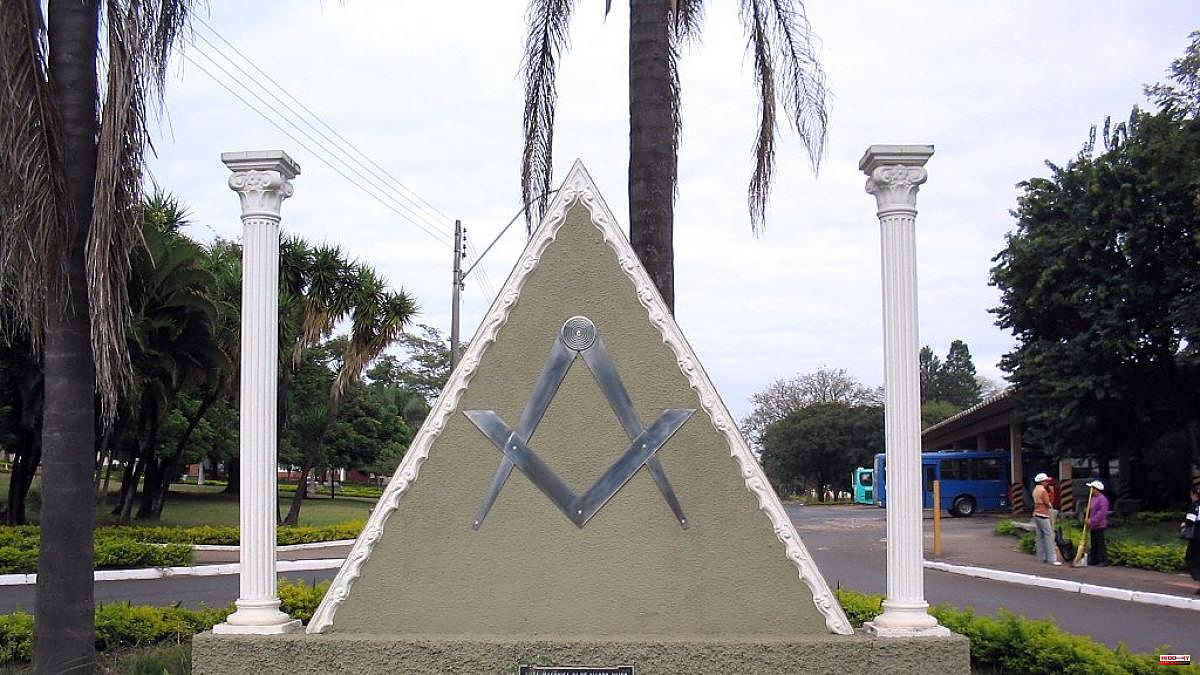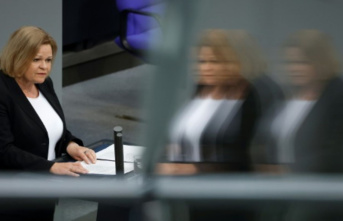General Prim, the anarcho-syndicalist leader Teresa Claramunt, the president of the Generalitat Lluïs Companys, the singer Josephine Baker, the politician Winston Churchill, the Duke of Edinburgh or the actor Harpo Marx are some of the big names linked to Freemasonry. It seems that Francisco Franco also wanted to enter but was rejected and hence his subsequent obsession with Jewish-Masonic collusion. All this is discussed in the exhibition Freemasons! A current look at a century-old institution that opened yesterday at the Palau Robert in Barcelona (where it will remain until August 28).
The exhibition, scheduled by the general management of Difusió, has the journalist Enric Calpena as curator, the collaboration of Sàpiens and the advice of Josep Brunet, prominent mason and administrator of the board of the Arús Library of Barcelona, who has provided materials and documentation . The exhibition has a didactic character, to demystify the secrecy that accompanies Freemasonry, and stands out more for the volume of information than for the museographic content.
An extensive chronology, books and films about this institution, great names that have been part of lodges and the symbology occupy the various rooms of an exhibition that culminates with the reproduction of what could be a Masonic temple. Although many lodges were closed to women, they have played a leading role throughout history. The exhibition cites the case of Clotilde Cerdà, a female harpist and activist, born from an extramarital affair with Ildefonso Cerdà's wife. She was in the Lleialtat lodge in Barcelona from 1881.
Enric Calpena remarks that Freemasonry developed from the 18th century and its components defined themselves as freethinkers. They have historically been frowned upon by the established powers and have been persecuted. In Spain, the Franco regime prohibited them and the Arús library itself, founded by Rossend Arús, a historian of Catalan Freemasonry of the 19th century, was closed between 1939 and 1967. It also ran into the Catholic Church because the Great Architect of the Masonic Universe did not corresponds to the Christian God. The discretion in their practices and rituals have contributed not only to secrecy but also to a series of legends, if not slander.
Currently in Catalonia there are about 3,000 Masons (half of those in Spain) in various lodges under the umbrella of: the Grand Lodge of Spain (the most important, groups 300 lodges from all over the State, made up only of men, has its temple main in the Gran Via of Barcelona); the Great Spanish Symbolic Lodge (groups around a hundred lodges); the Grand Orient of Catalonia (founded in 1989, has 3 lodges in Barcelona, 1 in Girona, 1 in Figueres, 1 in Lleida, 1 in Granollers, 3 in Perpignan and 1 in Stockholm) and the Grand Feminine Lodge of Spain (founded in 2005, it has between 200 and 300 members).
4












